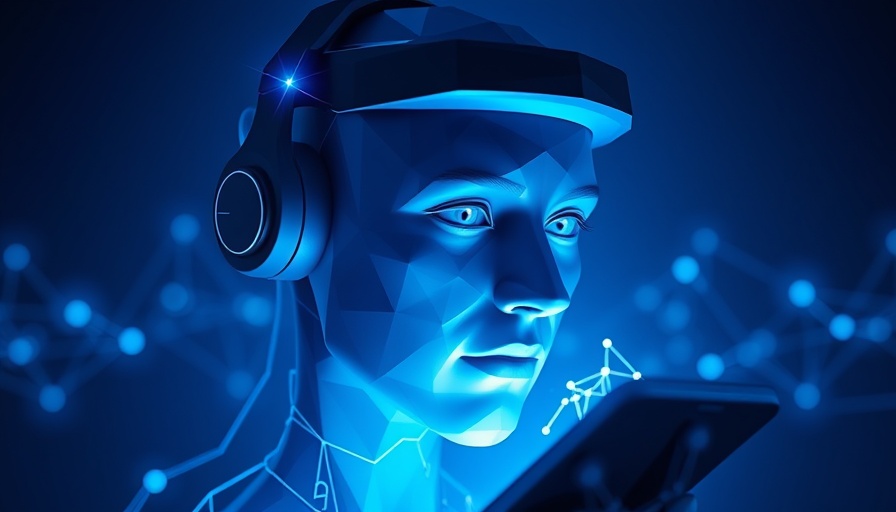
Your Boss Says AI Won’t Steal Your Job – Here’s Why Your Paycheck Could Still Be at Risk
As we navigate the ever-evolving job landscape, it’s clear that AI has settled squarely into the workplace, sparking both excitement and hesitancy. Recent research has painted a vivid picture of manager-worker dynamics amid the rise of AI, highlighting a critical conversation about job security, pay, and peace of mind.
A Survey of Employee Concerns: Fear Remains Rampant
In a recent survey conducted by Beautiful.ai, involving 3,000 managers, interesting insights emerged regarding employee fears about AI in the workplace. Approximately two-thirds of managers (64%) acknowledge that their staff are anxious about AI’s impact on their value within the company. More alarmingly, 58% reported that employees worry AI could eventually cost them their jobs. These statistics underscore a pervasive unease that employees feel, despite the increasing inclination of managers to view AI as a productivity tool rather than a direct replacement.
Human Touch Still Prevails: The Balance of AI and Human Roles
While 54% of managers now oppose the idea of replacing human workers with AI—a 15% increase from the previous year—it’s essential to recognize that the nature of work itself is shifting. Only 23% believe that displacement through AI would actually benefit their company, and three in five managers argue that their teams would struggle to function without human input. This perspective reveals a growing recognition that while AI can enhance task efficiency, it lacks the nuance and judgment that humans bring to decision-making, particularly in collaborative environments.
AI Efficiency: Boon or Bane? Understanding its Implications
Most managers utilize AI to boost productivity, expanding outputs without forgoing the human element altogether. Tools that streamline recruitment and HR processes are becoming common, allowing businesses to function more efficiently. However, this brings its own complexities—41% of managers still perceive AI as a potential threat to wages, worrying that its integration could lead to layoffs or reduced salaries. The data suggests that as tasks become automated, their value may diminish, leaving workers at risk.
Future Predictions: What Lies Ahead for Workers?
Looking ahead, the context surrounding AI presents both challenges and opportunities. As technology evolves, workers may need to adapt their skills accordingly. Skills that emphasize creativity, problem-solving, and interpersonal communication will likely rise in value as AI continues to handle repetitive, mundane tasks. The evolving workplace will require a balance of embracing AI while nurturing the uniquely human traits that drive innovation and collaboration.
Shifting Mindsets: Recognizing the Human Element
Ultimately, while the fear surrounding AI in the workplace has not diminished, many believe in the power of the human element. Managers recognize that a successful workforce relies on more than just technology; it requires a healthy mix of human intervention. Employees need reassurance that their roles offer value, and businesses should work to cultivate environments where technology and human talent can flourish together.
Actionable Insights for Workers
To navigate the landscape of AI, employees should become proactive in developing new skills. Workshops, professional development courses, and networking opportunities can allow workers to better position themselves in an AI-infused job market. As the conversation around technology continues to evolve, so should individual strategies for career advancement.
With AI becoming a more prominent fixture in our lives, it’s vital to remain informed and engaged. Foster conversations with your managers and peer about your role, share concerns, and advocate for your place in an AI-driven future. No one knows the value of human creativity and spirit better than you!
Remember, while technology is essential, it can’t replace the years of experience, empathy, and personality that individuals bring to their work.
 Add Row
Add Row  Add
Add 




 Add Row
Add Row  Add
Add 

Write A Comment